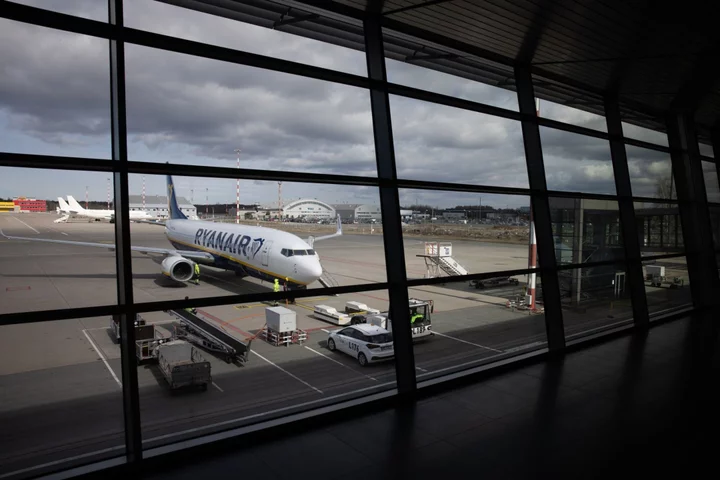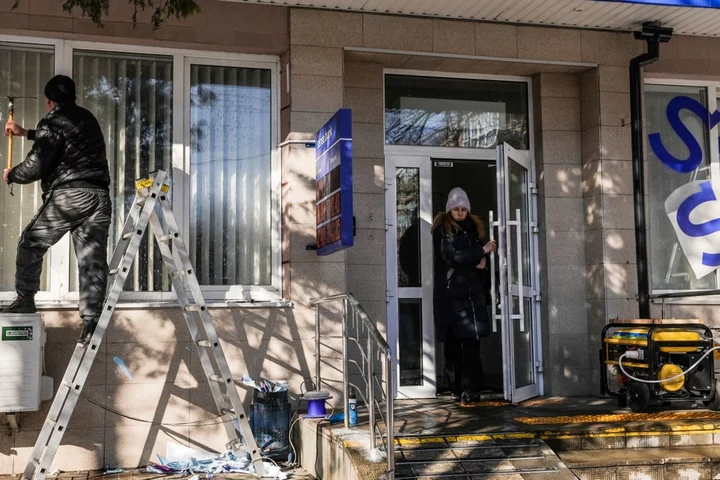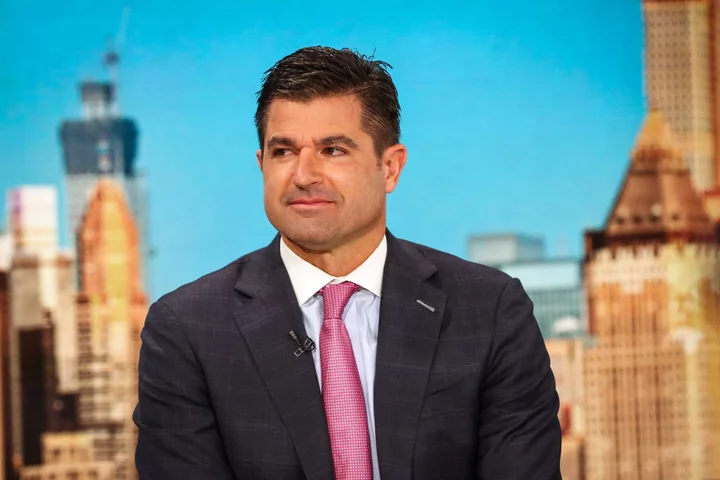Ryanair Holdings Plc said it found unauthorized parts in two aircraft engines, becoming the latest major airline caught up in the distribution of components backed by falsified certification documents.
The suspect parts were discovered during scheduled maintenance checks in Texas and Brazil over the past few months and have since been removed from the engines, Chief Executive Officer Michael O’Leary said in an interview in Dublin on Thursday.
Aviation regulators have accused an obscure London company called AOG Technics Ltd. of supplying thousands of engine parts with faked certification documents for Airbus SE and Boeing Co. models, including older-generation 737s in use at Ryanair. Delta Air Lines Inc., American Airlines Group Inc. and Southwest Airlines Co. are among the carriers that found suspect parts, Bloomberg News has reported.
O’Leary said he believed AOG supplied the parts which inadvertently ended up in Ryanair’s fleet. The Irish low-budget airline has never done business directly with AOG, receiving the component for two engines instead via third parties, and the carrier remains “largely unaffected” overall by the scandal, the CEO said.
Ryanair operates a Boeing-only fleet and has about 1,500 engines, O’Leary said. AOG’s founder, Jose Zamora Yrala, didn’t respond to a phone message requesting comment.
The CFM56 engine affected by the scandal is the most popular in global aircraft fleets. The power plant is manufactured by a joint venture of Safran SA and General Electric Co. called CFM International Inc. The engine makers said in October that they’d found 126 engines with suspect parts sold by AOG, including some fitted in CFM’s own repair shops.
Airlines were told to check their inventories of spare engine parts after Bloomberg first reported about AOG earlier in the year, according to O’Leary. The components found have been sent to the groups leading the investigation into AOG, while the engines remain in shops, he added.
In the wake of the scandal, there needs to be tighter control over third parties who supply parts for jet engines, O’Leary said.
“Given the level of paperwork that already exists, I’m not quite sure how anybody was able to come up with dodgy parts,” he said.









